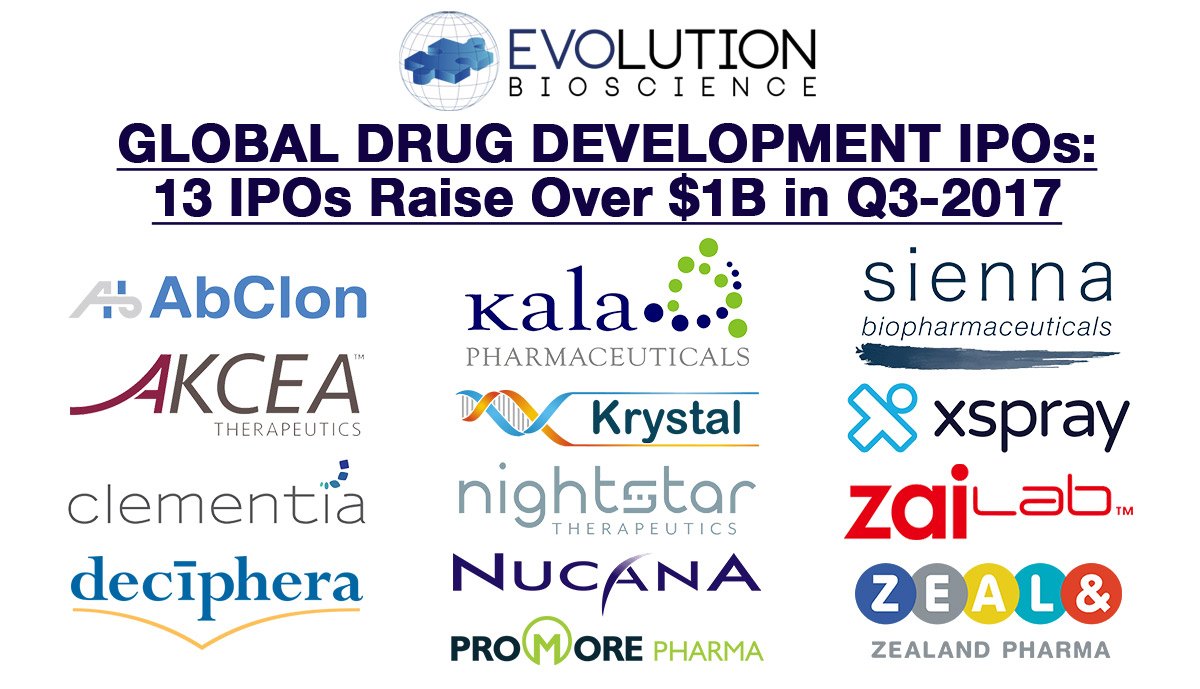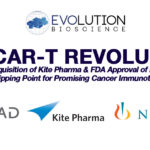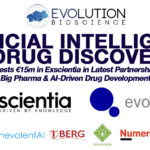
The global therapeutic IPO market has failed to maintain the upward momentum established throughout a busy Q2 2017, with just over $1B raised by 13 drug development companies during Q3. Whilst this marks a 52% decrease in the frequency of IPOs and a 65% decrease in funds raised when compared to Q2 2017, year-to-date analysis highlights that the IPO market has markedly improved when compared to the same period in 2016. From Q1 through to Q3-17, a total of 52 IPOs have raised over $4.35B, representing a 13% increase in the frequency of IPOs and a staggering 121% increase in funds raised when compared to the same time period in 2016. Globally, therapeutic companies remain heavily focused on listing in the United States, with many international companies foregoing local exchanges in favour of the NASDAQ market.
Regional Focus: Americas
A total of 9 companies floated on the NASDAQ during Q3 2017, raising a combined total of $892.1M. The trend of global companies electing to list on American markets instead of local exchanges continued in Q3 2017, with Edinburgh-based NuCana and Oxford University spinout Nightstar Therapeutics opting to list on the NASDAQ, raising $100M and $75M, respectively. Clementia Pharmaceuticals, a Canadian company that is focussed on treating rare bone diseases, raised a total of $120m through their NASDAQ IPO.
Compared to Q2 2017, there has been a 14% decrease in the total amount raised and a 36% decrease in the frequency of Drug Development IPOs on the NASDAQ. The largest IPO this quarter was Shanghai-based Zai Lab, which raised $150M on the NASDAQ to fund the continued development of its pipeline of small molecule drugs to treat cancer, autoimmune and infectious diseases.
Regional Focus: Europe
Whilst it was a quiet quarter for therapeutic listings on the EURONEXT, ESM, AIM/LSE, SIX & Deutsche Borse, the NASDAQ OMX/First North market continues to impress, with 3 successful biopharma IPOs in Q3-17. Of the three successful OMX IPOs, Danish drug developer Zealand Pharma raised the most funds ($78.2M) to support its pipeline of peptide-based medicines to treat type-2 diabetes, hypoglycaemia and short bowel syndrome. Swedish company Xspray Pharma, which develops cancer drugs based on protein kinase inhibitors, successfully raised $16.42M; whilst Promore Pharma, a Swedish company developing therapeutic peptides for bioactive wound care, raised $9.2M.
Regional Focus: APAC
South Korean antibody developer AbClon was the sole drug development IPO on an APAC-based exchange during Q3 2017, raising $6.13M on the KOSDAQ market to support their preclinical mAb targeting epidermal growth factor (EGF).
Whilst WuXi Biologics successfully raised over $511M through a massive IPO on the HK stock exchange, the company has been excluded from Evolution Global’s analysis as they are a contract services provider that does not develop its own therapeutics. In contrast, Samsung Biologics were included in previous analysis as they do develop their own drug candidates.
Trends & Conclusions
Small Molecule therapeutics remain the dominant treatment type for drug development companies that have gone public in 2017. Of the 13 companies that IPO’d this quarter, five companies are primarily focused on the development of oncology therapeutics.
Whilst therapeutic IPO activity has declined significantly when compared to Q2-17, overall the IPO market has improved significantly when compared to 2016. This historical data collected by Evolution Global highlights that despite a quarter-over-quarter decrease in both frequency and funds raised, the therapeutic IPO market has actually improved when compared with 2016.
This article is comprised of selected data from Evolution Bioscience’s exclusive Therapeutic IPO Data Visualisation, which compiles global market data from 2012 onwards, offering a comprehensive historical analysis of trends in biopharmaceutical drug development. You can view the fully-interactive data visualisation by clicking on the button below:





